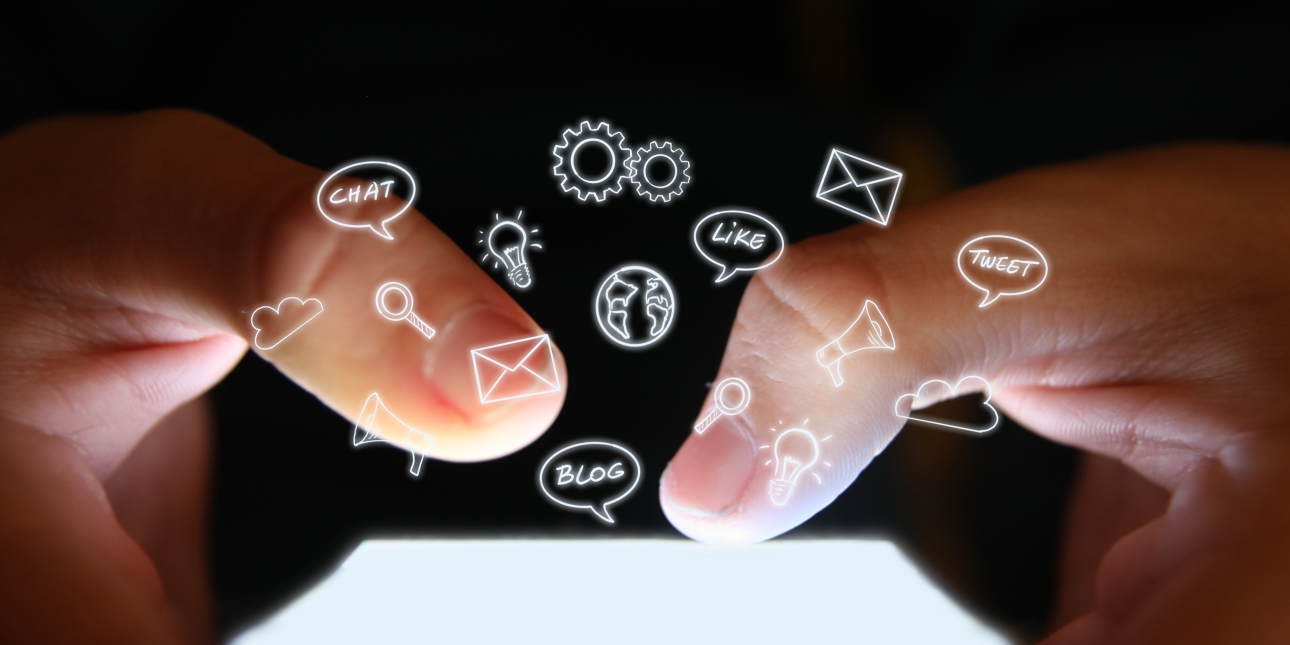PUBLIC RELATIONS
Tuesday 10th May 2022
How parasocial relationships play a role in professional personal branding
First, I heard the term used in a conversation on a podcast I had been listening to, and then I read about parasocial relationships in this article by Keith Reynold Jennings.
I may not have known what was meant by parasocial relationships at the time, but as it turns out, I had been aware of the concept all along, generally speaking.
According to Reynolds, the concept of the parasocial relationship was coined by two sociologists in the 1950s during the explosion of television. It was described as the one-way relationships people develop with those in the media, but don’t actually know in real life.
Going deeper, Wikipedia describes a parasocial interaction as an exposure that garners interest in a persona. It becomes a parasocial relationship after “repeated exposure to the media persona causes the media user to develop illusions of intimacy, friendship, and identification”.
Online world
Parasocial relationships used to occur mainly with TV personalities, radio presenters and the like.
Now, of course, the phenomenon is prevalent in the online world, with parasocial relationships occurring between individuals and their favourite YouTubers, bloggers, podcasters, live-streamers, and social media power users.
In this post, leading marketing author Mark Schaefer poses the question:
“If great marketing is all about building an emotional connection between you and your audience … isn’t the power of a parasocial relationship sort of the ultimate brand experience?”
From a personal standpoint, Schaefer writes, “I have built my entire business this way. I’ve never taken out an ad. I don’t engage in PR spin. But somehow over the years, I’ve built an audience that has formed a bond in a way that leads to business benefits.”
He gives the example: “One young man told me, I listen to your podcast and listen to your audiobooks. You’re literally in my head all the time — I feel like you’re my friend.”
Media users can form parasocial relationships with celebrities, live-action fictional characters, social media influencers, animated characters, and any other figure they encounter through media, including movies, TV shows, podcasts, radio talk shows, or social media platforms, such as Twitter, Instagram, or TikTok.” – Cynthia Vinney, Verywellmind
I’ve experienced a similar thing as well.
You’d go to a meetup or conference event and someone would sidle up, introduce themselves and tell you they’ve read your blog for ages, or followed you on LinkedIn or Twitter forever, and as a result they feel like they know you.
Likewise, I’ve heard the same sort of stories many times from fellow content creators, podcasters in particular. Podcasting is powerful as it’s a very intimate medium with people listening for extended periods of time, often through headphones.
Lurkers
It feels a little weird if you’re not used to it, but equally, it’s a nice feeling to know there are people out there who consume the content you publish, whether in written word, audio or video form.
I would hazard a guess than many of them are what I would describe as ‘lurkers’, that is, people who read/write/watch your content, but never engage with it directly i.e. like, comment, share etc on social channels.
I go deeper into the topic of lurkers in this article, Online engagement is terrific, but don’t underestimate the value of lurkers.
Emotional connection
When you break it down, parasocial relationships are really about building familiarity and affinity with your audience.
Publishing content and being active online, when done with passion, purpose and genuine intent, builds connection and an emotional bond with your regular readers, viewers, listeners and followers, and can be a powerful way to grow your personal brand (and business).
Over time, when the opportunity arises to market your products and services, people in your audience will be more likely to take notice of your message (and potentially purchase from you), because you’ve earned the right to pitch your wares. They’ve already bought in to who you are, what you do and what you stand for.
As Mark Schaefer attests: “My business is built on parasocial relationships.”
Trevor Young is a veteran PR strategist and advisor specialising in reputation marketing, leadership communications and personal branding; he is a keynote speaker, blogger, social broadcaster, and author of the book ‘Content Marketing for PR’.
The post 'How parasocial relationships play a role in professional personal branding' appeared first on Trevor Young | PR Warrior | PR & Communications strategist, coach and speaker.
Image by alexsl on iStock
